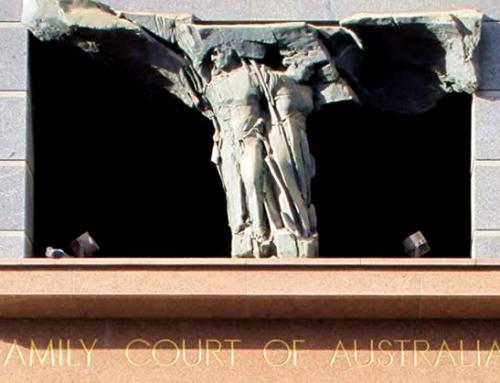The Family Law Act 1975 is clear that no Court shall make an Order that finalises property proceedings unless it is satisfied in all the circumstances that it just and equitable to make the Order.
What does just and equitable mean?
Well the legal definition is “actuated by truth justice and lack of bias”, whilst equitable is defined as “that which is fair and just”. Is it clear yet why you need specialist family law advice?
Following a case in 2012 called Stanford things changed in how lawyers advise clients on what Judges will do. There are four steps we look at:
- Ascertain the property owned by each party.
- Assess each party’s financial and non-financial contributions to this property as well as any contributions in the capacity of homemaker and parent.
- Assess each party’s ability to support themselves into the future, including assess their health, age and earning capacity, which we sometimes call future needs.
- Finally, assess that the orders proposed would be just and equitable.
Post Stanford the final step is now the first step.
How does the requirement of this initial test affect a present day property settlement?
The test of justice and equity was a significant issue in the matter Chancellor and McCoy, a case that was argued all the way to the High Court. The matter involved a same sex de facto couple who had cohabited for 27 years. There was no dispute that the couple were in a de facto relationship and a long one at that. The Judge considered the following facts:
- The parties kept their financial affairs entirely separate.
- There were no joint bank accounts, loans or other assets.
- One party paid $100 to $120 per week to the other and they shared outgoings equally.
- They knew very little of each other’s financial circumstances.
- There were no children.
The Trial Judge ultimately declined to make an order on the basis that it was not just and equitable due to a “lack of financial intertwining, the lack of financial planning for the future, the evident separation of finances and the continued individual ownership of property”.
In another matter known as Thorne and Kennedy, a Financial Agreement was set aside as the Judge found that the wife was subjected to duress in signing the Agreement days before her wedding. The Court found it just and equitable to make orders altering the parties property rights for a relationship of just 4 years, no children and no financial intermingling.
Of course you may be wondering how a Judge can decide that it was not “just and equitable” to make Orders in a relationship that spanned 27 years , whilst on the other hand a different Judge found the opposite where the length of the relationship was only 4 years. This is an example of the complexity of Family Law and demonstrates why it is important to obtain specialist advise at an early stage.
What does this mean for you?
It means if you are commencing a relationship or finalising one you need to seek specialist family law advice.
Please contact one of our experts at Tiyce & Lawyers – we’re here when you need us.






